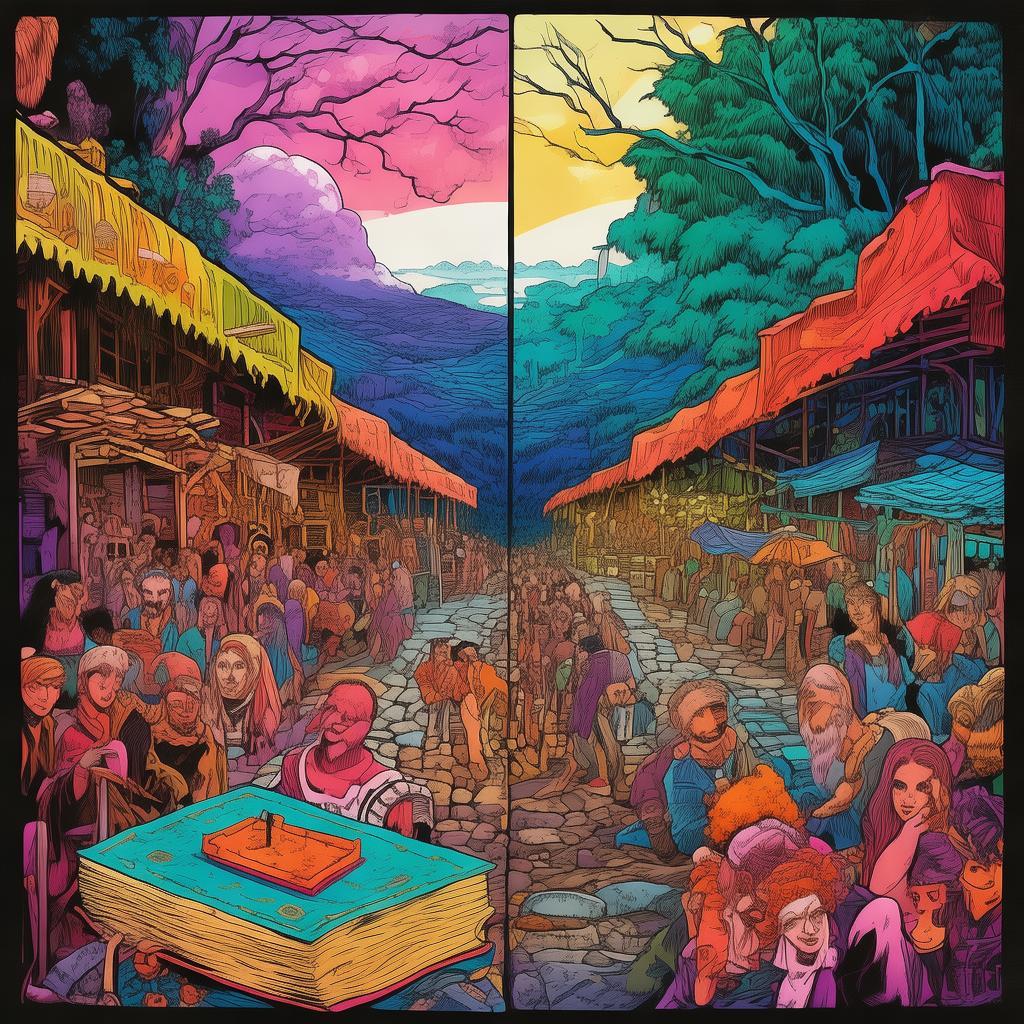Chords of the Heart: A Melody of Solitude and Discovery
The sun had barely crept over the horizon, casting a pale glow through the window, when the sound of a piano resonated through the house. It was a sound that had become a familiar lullaby, a soothing balm to the teenage girl who had found solace in the keys of her grand piano. Her name was Emily, and the piano was her silent companion, her confidant in a world where words often failed her.
Emily had always felt like a ghost in her own life. She had a family that loved her, but she felt disconnected from them. Her parents were always too busy, her siblings too preoccupied with their own lives. She was left to navigate the labyrinth of her teenage years in solitude, with the piano as her only constant.
The day of the accident had been a turning point. Emily had been driving home from school when she lost control of her car. The crash had been violent, and the aftermath was a blur of fear and confusion. But through the chaos, the piano had been her anchor. She had stumbled into her house, her body aching, her heart in turmoil, and had reached for the keys, the sound of the piano filling the room with a sense of calm.
It was during those moments of recovery that Emily began to truly understand the power of music. She discovered that the piano was not just a means of expression but a mirror to her soul. The notes she played were the unspoken symphony of her emotions, a language she had never learned to speak aloud.
One evening, as Emily sat at the piano, lost in the rhythm of a simple melody, she felt a presence in the room. It was her father, who had been distant since the accident. He approached her cautiously, his eyes reflecting a mixture of concern and sorrow.
"Emily," he said softly, "I've been meaning to talk to you. I'm sorry. I've been so wrapped up in my own pain that I've neglected you. I don't know how to fix things, but I want to try."
Emily looked up, her eyes meeting his for the first time in weeks. She had never seen such vulnerability in him. "I don't know how to either," she replied, her voice barely above a whisper. "But maybe music can help."
Together, they began to play the piano, their fingers interlacing over the keys. It was a duet, a collaboration of hearts and hands, and in that moment, the walls of silence that had surrounded them began to crumble.
As the weeks passed, Emily's father became more involved in her life. They would sit together at the piano, sharing stories, dreams, and fears. Emily realized that her father had been a part of her life all along, just in a different way. And the piano had been the bridge that brought them together.
One day, as they played, Emily's father began to hum a tune that was unfamiliar to her. It was a melody that carried a sense of nostalgia, a longing for something lost. Emily's curiosity piqued, and she asked him about it.
"It's a song from my childhood," he said. "My mother used to sing it to me. I think she was trying to tell me something, but I never understood what it meant."

Emily's heart ached for him. She knew that her father had been searching for connection, just like she had. And in that moment, she understood that the unspoken symphony was not just about her own emotions, but about the unspoken stories that connected her to others.
As the months turned into years, Emily's life began to change. She started to attend music therapy sessions, using the piano to express her feelings and heal from the trauma of the accident. She found that the melodies she composed were not just a reflection of her own experiences but a way to connect with others who had similar stories.
One day, Emily received a letter from a music therapist she had been working with. It was a letter of recommendation, urging her to share her music with others. Emily's heart swelled with a sense of purpose. She realized that her journey with the piano was not just about her own healing but about helping others find their own voices.
With her father by her side, Emily began to perform at local events, sharing her music and her story. She discovered that her unspoken symphony resonated with others, that the melodies she played were a universal language that could bridge the gaps between people.
In the end, the unspoken symphony was not just a melody of music but a melody of life. It was a reminder that even in the quietest moments, there was a song to be sung, a story to be told, and a heart to be healed.
✨ Original Statement ✨
All articles published on this website (including but not limited to text, images, videos, and other content) are original or authorized for reposting and are protected by relevant laws. Without the explicit written permission of this website, no individual or organization may copy, modify, repost, or use the content for commercial purposes.
If you need to quote or cooperate, please contact this site for authorization. We reserve the right to pursue legal responsibility for any unauthorized use.
Hereby declared.









